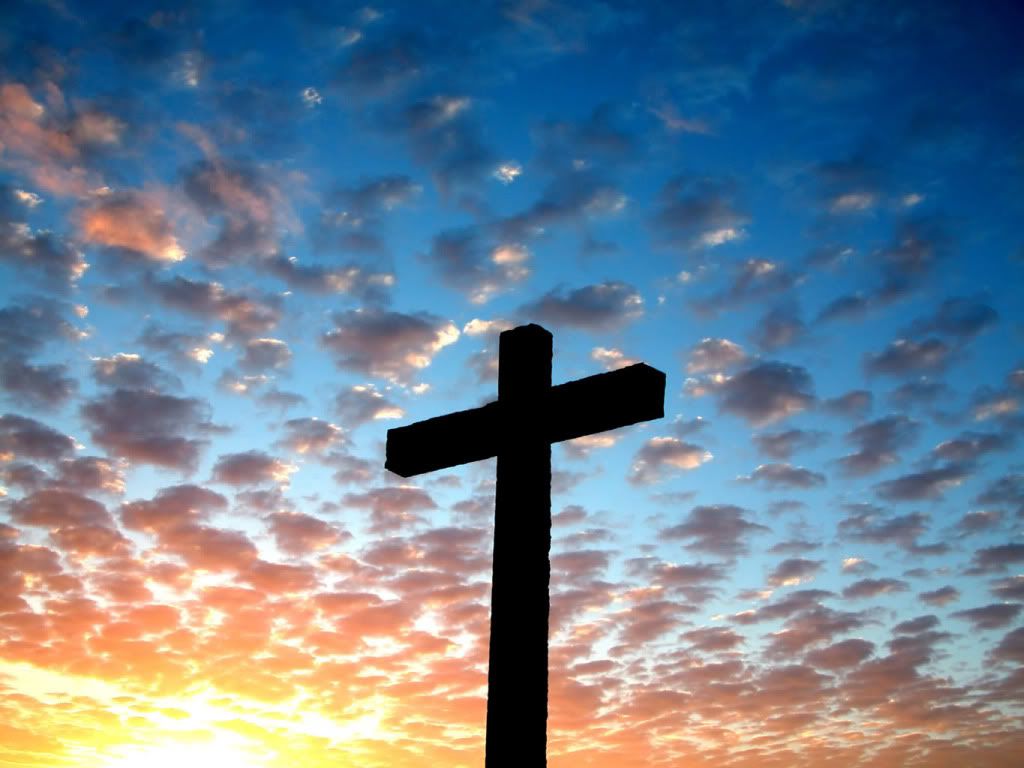For the transportation of the tabernacle in Old Testament times wagons and oxen were provided, to the Gershonites and the Merarites. But Moses gave none to the Kohathites, “because the service laid upon them was that of the holy things: these they had to carry themselves on their shoulders” (Num. 7:9).
It is well to remember that economy and efficiency are not necessarily important to God. We can hardly think in any other terms. “Get the job done with as little effort as possible. Don’t strain yourself!” Some jobs, it seems, require individual sacrifice. It is not because they are of less value to God that He does not provide “wagons” (any modern methods or means to facilitate things) but because the job is specially important. He wants people. He wants consecration. He wants shoulders willing to bend.
The Music of His Promises by Elisabeth Elliot




